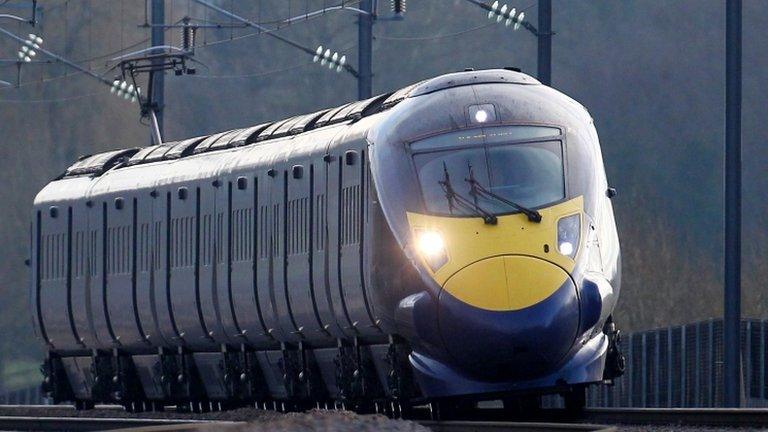HS2 chairman Sir David Higgins pledges to make savings
- Published
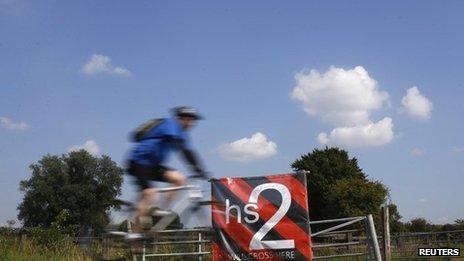
Sir David Higgins said HS2 represented a "huge step forward"
The new chairman of HS2 has pledged to deliver the high-speed rail project more cheaply, as he started the job.
Sir David Higgins also told the BBC his priorities were to build the £50bn project more quickly and "get benefits to the north earlier".
There is "no other way" to make a "step-change" to the UK's transport capacity, he told BBC Radio 4 Today.
Critics argue costs are spiralling but ministers believe HS2 will create jobs and boost the economy.
HS2 would link Birmingham and London by 2026, with tracks to cities including Leeds and Manchester built in a second phase, to be completed by 2032-33.
The projected cost of the project is about £43bn - including a contingency of more than £14bn - but this estimate does not include the trains, which will cost about £7bn.
Sir David took up his post as plans for a dedicated further education college to train engineers working on HS2 were announced. Students will be trained in the skills needed to construct the railway, with the college set to open in 2017.
'Can it be quicker?'
Sir David said: "The first thing I want to look at is the overall deliverability. Time - can we make it quicker? Can we get benefits to the north earlier? And then how can we deliver it most effectively? Hopefully that will deliver cost savings."
The former Network Rail chief executive said he had been asked to report back to Transport Secretary Patrick Mcloughlin by early to mid-March on savings.
In the interview, he insisted HS2 would not affect the existing rail network.
"It's not a case of 'We're going to build HS2 so the existing network will suffer'," he said.
"There will be around the same amount of money spent every year on the existing network as will be spent on HS2 during this 20-year period. The most important thing is integrating those plans."
He said HS2 was a "huge step forward", and would see 18 new "train paths" on the west coast of the UK, with trains that could take up to 1,000 people at a time. The existing network could not do this, he said.
"There's no other way of making this step-change to the transport capacity of the country," said Sir David, who added that it would change the country's "connectivity" and rebalance the economy.
HS2 has so far commanded cross-party support but Labour appeared to change its tone last year, saying it would not give the project a "blank cheque".
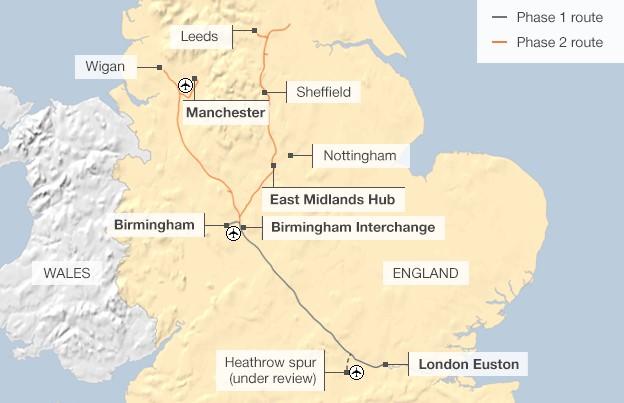
Sir David said the project "certainly has a good line of communication with both sides of the government and the opposition".
"The most important thing now, particularly over the coming months, is to have proper engagement with the Commons and the Lords and explain the work that's going to happen over next few months," he said.
Olympic Games
Sir David was responsible for ensuring the Olympic Park was built on time and on budget, ready for 2012 Games, as chief executive of the Olympic Delivery Authority.
Sir David Higgins says he wants to look at delivering the project earlier
His appointment as chairman of HS2 last September was viewed as a sign the government was sticking to its plans for the controversial project despite opposition, including from some of its own MPs.
Ministers claim the country's railways will be overwhelmed without HS2. They also say it will create tens of thousands of jobs, boost the UK economy and slash journey times to and from London.
But critics believe the case for the high-speed line is flawed and costs are increasing.
Prominent opponent Conservative MP Cheryl Gillian welcomed Sir David's pledge to improve the project, but said that "the work by the Department for Transport and HS2 Ltd is obviously not good enough".
"I wish him the best of luck but it makes me wonder what we've been paying nearly £1bn for, for the work that's been carried out so far."
BBC transport correspondent Richard Westcott said Sir David had two main tasks - to keep costs down and to convince people HS2 is worth the money.
- Published14 January 2014
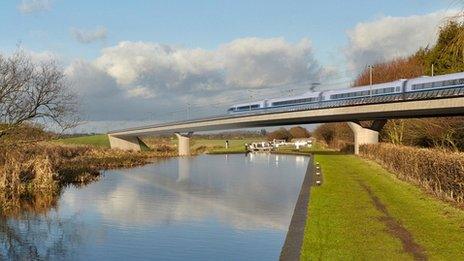
- Published6 October 2023
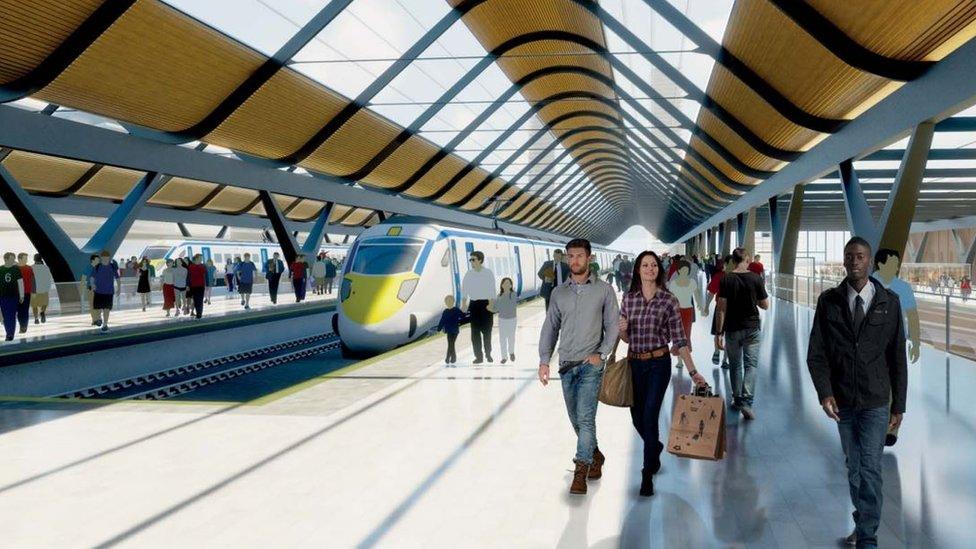
- Published24 September 2013
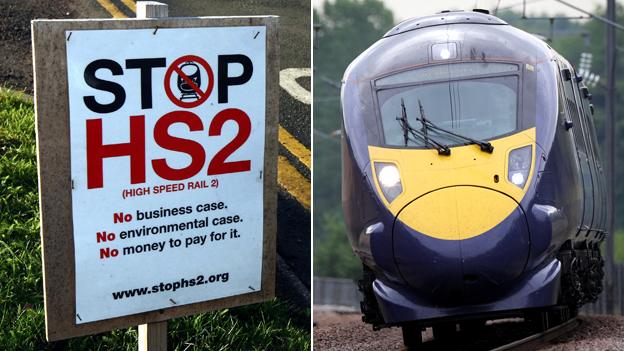
- Published31 October 2013
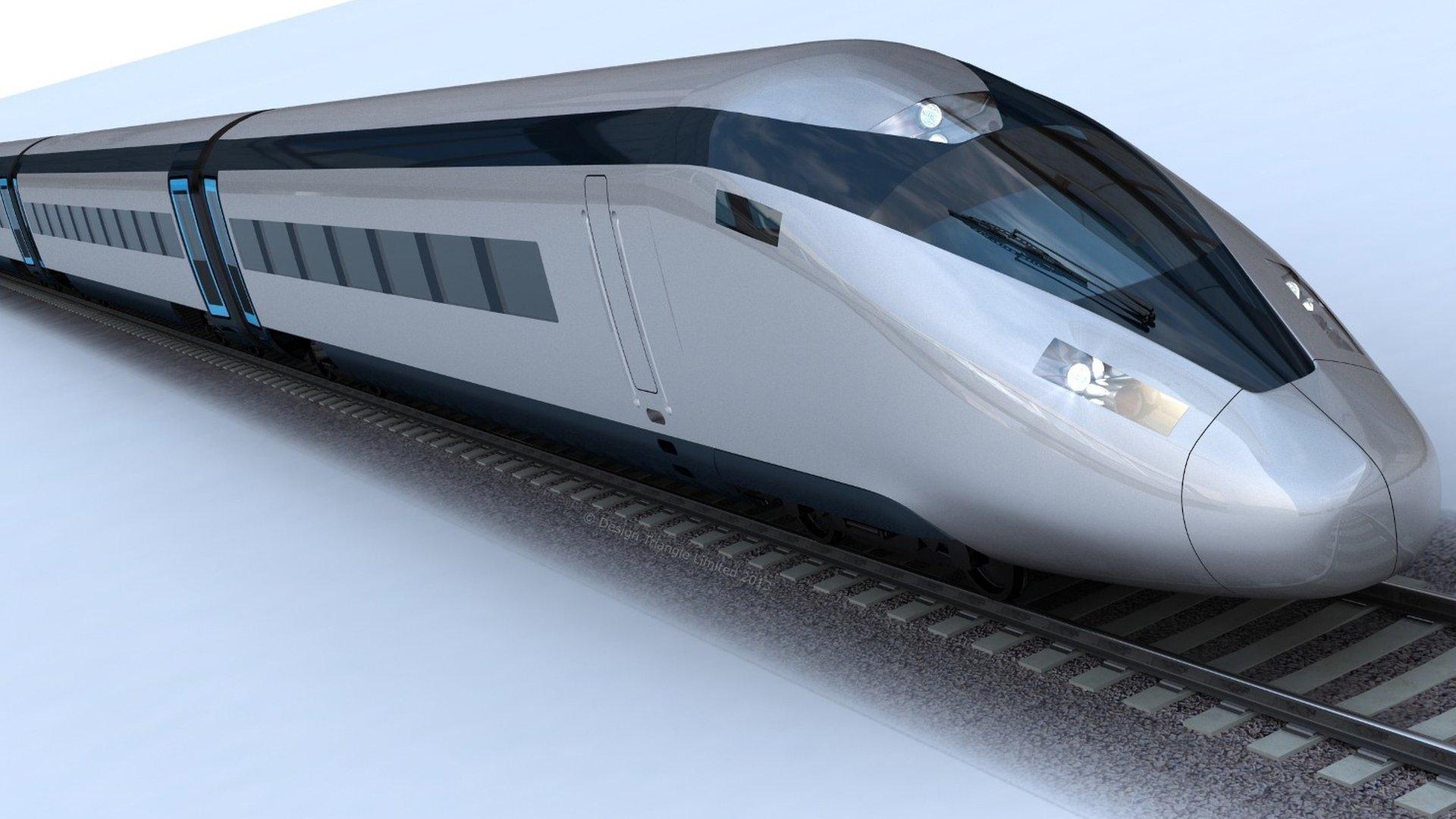
- Published19 October 2013
